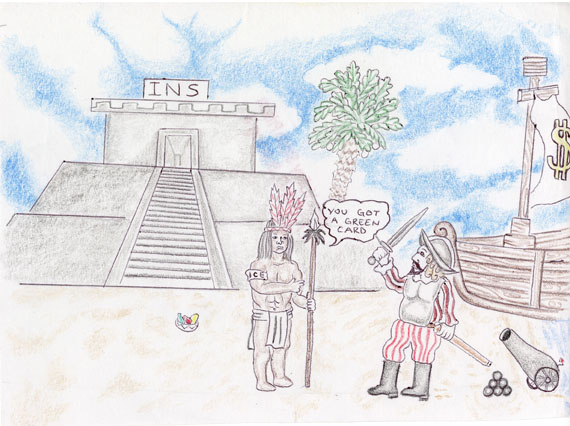
Forced drugging in prison
I shudder to think that our “public servants” are expunging the minds of united states citizens with drugs, and that the courts are so inept as to resort to such insidious devices as forced druggings. Psychotropic drugs are nothing but a slow poison! It’s a threat to one’s life, health, mind, and religion. The courts may think they have a legal right to expunge the minds of freeborn citizens, but it’s not only a flagrant violation of our rights, it’s also attempted murder. Therefore I’ve elected to protest this atrocity with a hunger-to-starvation strike until this evil poisoning stops or I die. I would rather be dead than see myself slowly deteriorate to such a horrid degradation of life.
I’ve been informed that if I attempt this they will obtain a court order to force feed me through a tube running in my nose and down my throat while I’m strapped to a gurney. Then they will inject the drugs into me with a needle. Therefore, to save my mind, my health, and my life, I feel I have no choice but to plead almost anything that the courts and DA wants from me to stop this poisoning of my mind, body, and soul. It’s ironic that this war on drugs is used to discredit some drugs and people, and then to force some horrid drugs on some people and call it lawful.
MIM(Prisons) adds: This comrade makes an important connection between the various uses of drugs by the state. While many prisoners are suffering from physical ailments because they are denied health care that people on the outside have easy access to, others have no problem getting their “meds” that are often forced upon them to control their brain chemistry. Both situations attest to the terrible waste of life that the system perpetuates.
Also see an earlier report by another California comrade in Under Lock & Key 5: Using psychology to drug political prisoners








